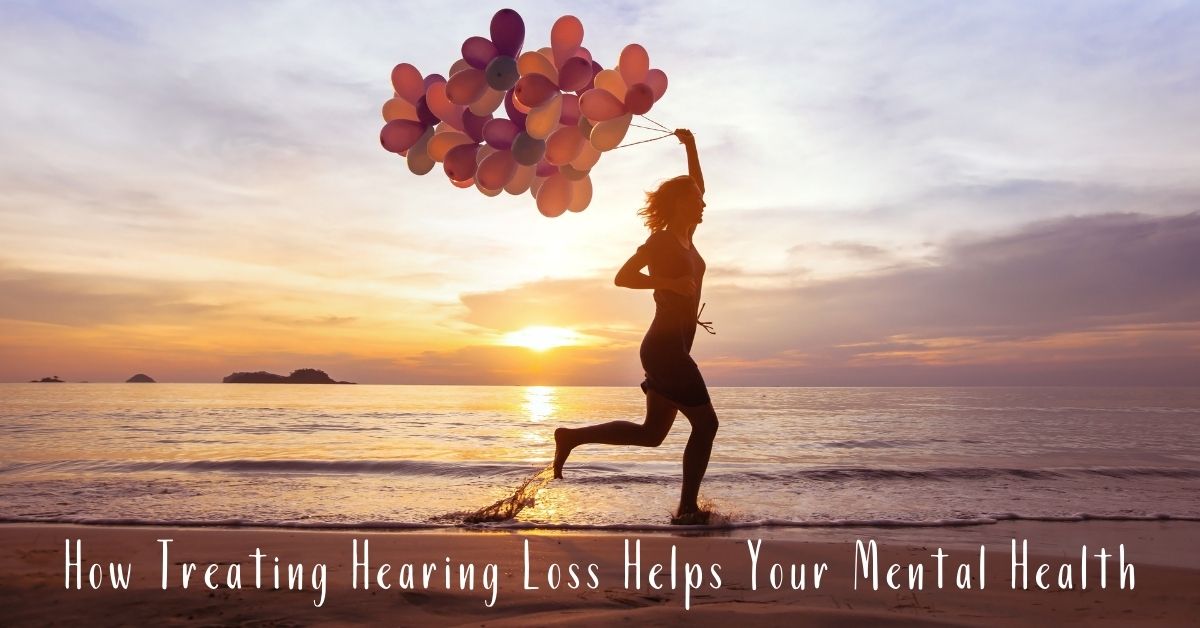- Common Hearing Aid Problems & How to Fix Them - June 14, 2021
- Why People Avoid Treating Hearing Loss — and Why You Should Schedule a Hearing Test! - May 21, 2021
- Common Hearing Aid Problems & How to Fix Them - May 14, 2021
Past generations thought of acquired hearing loss (that is, hearing loss that develops after birth) as a frustrating complication, but ultimately not a health hazard. Today, we know that hearing loss can actually bring about a number of negative health outcomes, not the least of which are loneliness and depression.
Over 5% of the world’s population suffers hearing loss to a disabling degree. That’s over 360 million people! Unfortunately, hearing loss is dramatically undertreated, with only about 15% of the people who need hearing aids actually wearing them. While we think of hearing loss as mostly affecting older people (and it is true that age-related hearing loss is the most common type), millions of younger people have hearing loss. In fact, as many as 20% of teenagers have measurable hearing loss in one or both ears.
About Sensorineural Hearing Loss
We use the term “age-related hearing loss” for the type of sensorineural hearing loss that is associated with old age. It may be a bit of a misnomer, though, as we find that age-related hearing loss can begin in a person’s 40s. However, most of us don’t realize that we have hearing loss until it starts to cause interpersonal problems due to difficulty understanding speech, and those problems can take decades to develop. Unfortunately, once sensorineural hearing loss sets in, it cannot be reversed.
It’s for this reason that the Better Hearing Institute, a non-profit organization, recommends getting a hearing test once every decade until age 50, and once every three years after that. The sooner you can start monitoring your hearing health, the sooner you can make lifestyle adjustments that can minimize your hearing loss over time.
Hearing Loss Affects Mental Health
A 2014 study found that hearing loss causes negative mental health effects in people of every age, but those effects were most pronounced in people aged 18–69. Perhaps this is because social engagement is more expected among people in this age group, and affects everything from career opportunities to seeking a life partner.
An Italian study found that working adults aged 35–55 with mild to moderate hearing loss were more liable to be depressed, anxious, and have interpersonal issues than those with normal hearing.
More studies are sure to be forthcoming about the problems that hearing loss can cause with mental health. It stands to reason that when we hope to participate in social activities, but have difficulty doing so as we cannot hear the conversation, we will feel isolated and lonely. As we have more and more engagements like this, and a sense of hopelessness about ever feeling differently, we can succumb to depression and other mental health issues.
Hearing Aids Can Help
Studies show that hearing aids can prevent the mental health issues that untreated hearing loss can cause, and improve mental health in those who have suffered due to untreated hearing loss. Hearing aids have been shown to reduce symptoms of depression, and to help promote more social engagement and a self-reported improvement in quality of life
A study by the Better Hearing Institute found that people who treated their hearing loss with hearing aids felt more in control and less self-critical than those with untreated hearing loss. They even reported a greater sense of optimism about not only themselves but the general state of the world!
Hearing aids have also been shown to improve the quality of our relationships. Those with hearing aids report improvements in their friendships, work relationships, and even romance.
Another study indicated that those with untreated hearing loss reported more issues with memory than those who had hearing aids. It could be that the increased “cognitive load” that comes with untreated hearing loss makes it more difficult for the brain to commit the things we hear to memory. When we hear clearly, even when it involves the assistance of hearing aids, our brains can function as though our hearing is normal.
Get a Hearing Test
If you’re having issues with hearing loss, even if you are not yet experiencing mental health issues as a result, you should schedule a hearing test as soon as possible. Treating hearing loss with hearing aids is the best way to avoid a host of negative health outcomes, both mental and physical, and you may be surprised at what the hearing aids of today can do. Some models can even improve the signal-to-noise ratio of speech to background noise such that hearing is effectively better than normal. Make an appointment today and see which hearing aids are best for you!

